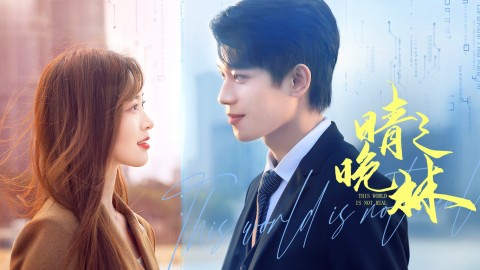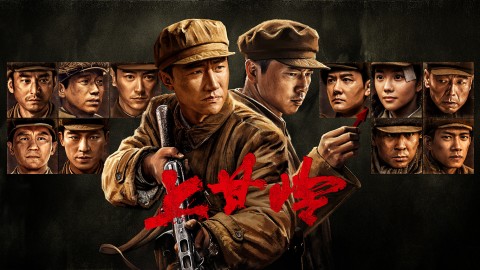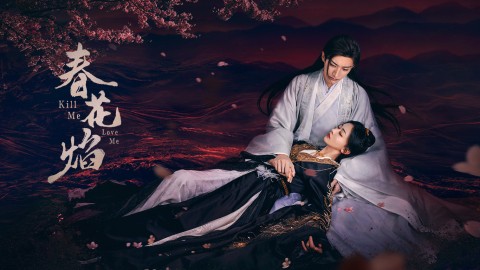Blossoms Shanghai: A Captivating TV Drama with the Essence of Wong Kar-wai
When it comes to calling "Blossoms Shanghai" a TV drama imprinted with the mark of Wong Kar-wai, it's not entirely accurate. Set in the early years of Shanghai's reform and opening up, the warm golden light reminiscent of the first half of "The Grandmaster" permeates the series. On the night A Bao went to Zhuji, the darkness resembles the rainy fight scene of Ip Man in "The Grandmaster."
Is it a self-homage? Is it a lack of innovation? Is it a depletion of his talent? After all, he is only the executive director, with a significant credited role. He demonstrates the shooting techniques of several iconic scenes, and others simply follow suit. Similar to Andy Warhol's pop art, where copies retain traces of the original, upon closer inspection, they become increasingly unlike the original, some appearing rough, others going overboard.
There are also quite a few dialogues in the style of Wong Kar-wai, with one or two in each episode. However, today's actors can no longer recite them with the same feeling as Leslie Cheung and Tony Leung in their era. It's partly due to the changing times and partly due to the actors' lack of conviction. When the same lines are recited by current actors, there is a sense of irony toward artistry. They don't believe that the lines they recite carry any artistic conception.
Setting aside the "Wong Kar-wai" factor, "Blossoms Shanghai" is still a great TV drama in its own right. After all, it's rare to see a period drama with such exquisite and meticulous set design, and each character is portrayed beautifully, reaching new heights. The storyline is also engaging, full of liveliness and festivity, just in time for celebrating the Chinese New Year.


